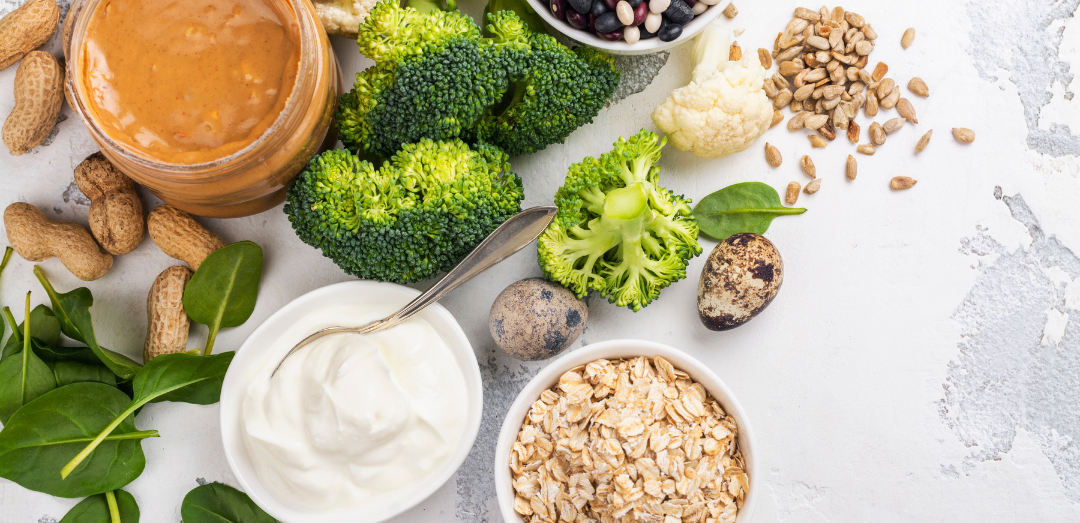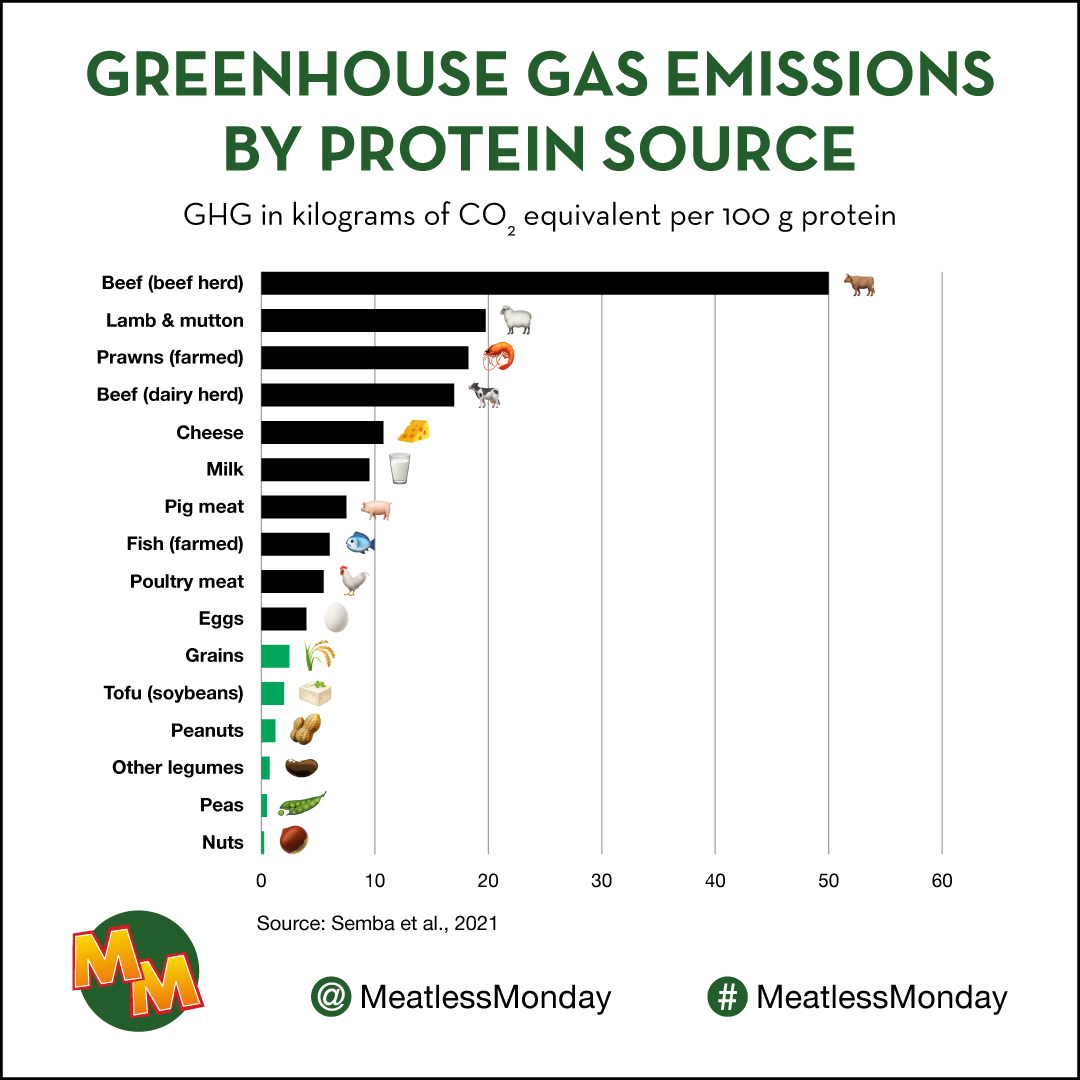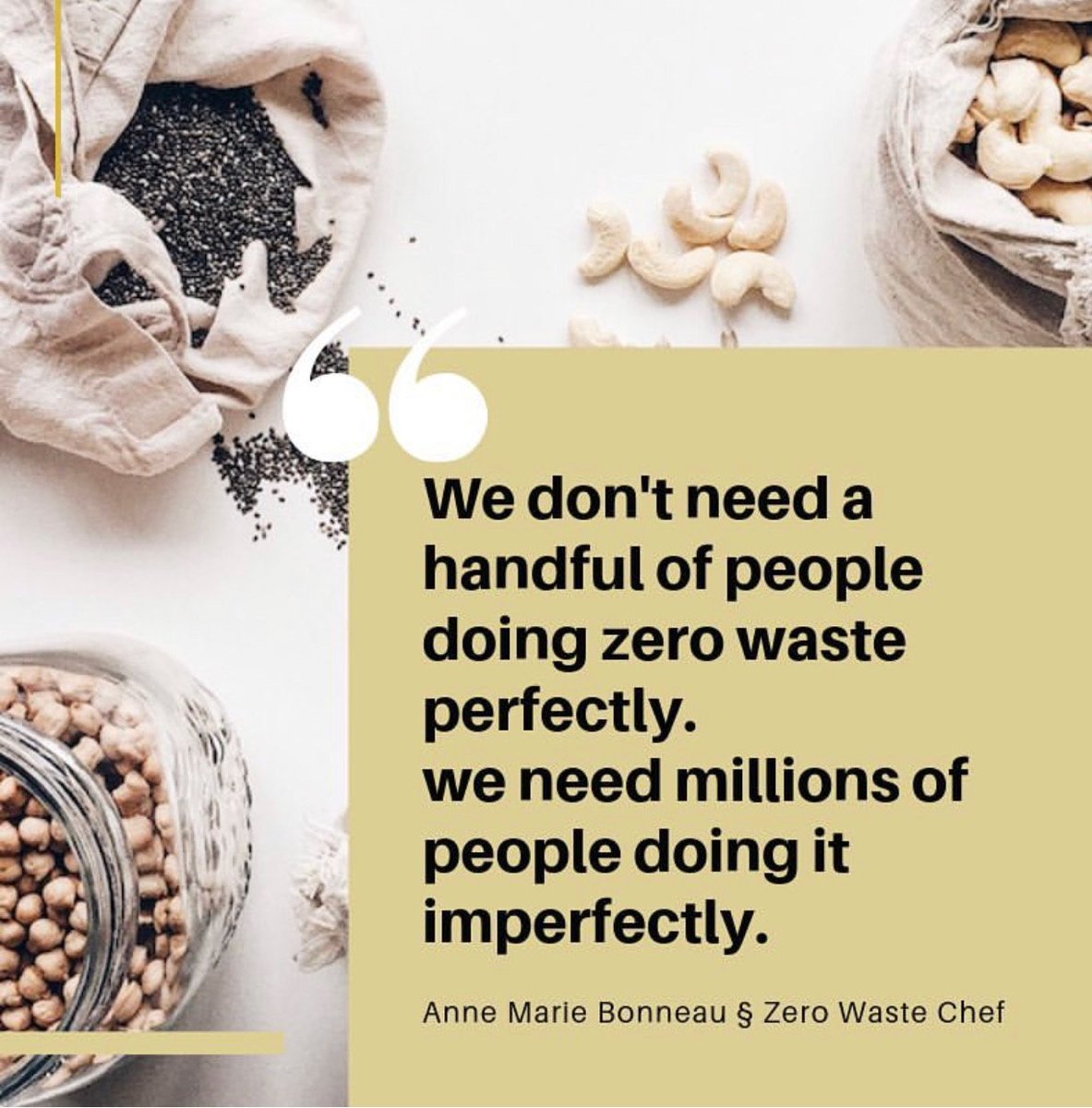
I felt challenged as an environmentalist when I watched the 2014 Netflix documentary “Cowspiracy: The Sustainability Secret”. One of the experts from the film, Howard Lyman says, “You can’t be an environmentalist and eat animal products—period.”
Mr. Lyman came into the public eye on a 1996 taping of The Oprah Winfrey Show titled “Dangerous Food.” At that time, he was the director of the Humane Society’s Eating with a Conscience Campaign. After the episode aired, both Mr. Lyman and Oprah were sued for disparaging the beef industry.
Kip Andersen is one of Cowpiracy’s filmmakers. He became environmentally aware after watching Al Gore’s documentary, An Inconvenient Truth. I found myself laughing as Andersen described himself as an obsessive-compulsive environmentalist or OCE. I think my husband would also describe me as OCE. Andersen described his journey confronting major environmental groups which did not credit animal agriculture as the largest contributor to greenhouse gas production, better known as GHG.

When it comes to GHG impact, there is an overwhelming amount of experts and statistics. Instead of telling you everything that I found, here is an infographic on protein sources illustrating how beef far outnumbers nuts in creating GHG emissions.
While I have enjoyed many vegan meals, I have not been able to maintain veganism long-term.
Cowspiracy has me thinking about my own habits, as well as cultural habits around going meatless.
Meatless Mondays
What about Meatless Mondays? Dr. Richard Oppenlander, an environmental researcher and author of Food Choices and Sustainability, argues you “still contribute to climate change, pollution, depletion of the planet’s resources but only six days of the week instead of seven.” Dr. Oppenlander refers to Meatless Mondays as a “false justification for what we are doing on the other six days of the week.”
It is not enough to do right one day a week. We need to do right for the planet seven days a week.
Trends are easy. Changing behavior is hard.
What motivates each person to change is different and how quickly we can successfully make the change. If a major change seems unsustainable, we’ll likely find smaller, incremental changes that we can achieve and sustain.
Human behavior is difficult to change long-term. Some say it takes just 21 days to make behavioral changes. I disagree, especially when it comes to food choices. Dieting is hard. And when you try to go meatless full time, finding alternatives can be almost impossible. I enjoy ice cream and carne asada and scrambled eggs with bacon—I don’t want to give up those foods.
But here is a key fact that I have learned over the years: Focusing on what you have to give up creates more obstacles between you and where you need to go.
If your goal is to go meatless, like it is mine, try to recognize what you already do well. Then, align what you are great at with the goals you wish to reach.
For example, City Silo, a restaurant in Memphis, Tennessee, has an awesome Hippie Scramble made from brown rice, black beans, kidney beans, roasted sweet potatoes, kale, avocado, and two scrambled eggs. I chose the Hippie Scramble because it is the closest nearly vegan dish that I love. The problem is it comes with scrambled eggs. What we should do is start with a dish that is nearly vegan and then substitute the remaining ingredients so that the dish is completely meatless.
This is one of many meals at your favorite restaurants or at home that you can make small but meaningful changes to. That’s the key to going meatless.
What are the arguments against eating meat?
- Animal agriculture: creates 18-51% of all methane emissions and 64% of ammonia contributing to acid rain
- 70% of forests in Latin America have been cut down for grazing pastures
- Animal waste generates 65% of nitrous oxide in our atmosphere, which has over 296 times the Global Warming Potential, or GWP, of CO2
- Industry farms leak uncontained animal waste that overflows during storms, polluting waterways and drinking wells
- Underground aquifers, a limited resource, are being drained to water feed crops grown exclusively to feed livestock. Aquifers take hundreds of thousands of years to refill with groundwater.
- Large-scale use of antibiotics to treat livestock increases bacteria’s antibiotic resistance over time.
- The fertilizers and pesticides used to spray feed crops contaminate water and soil
In 2005, the book The China Study by authors T. Colin Campbell, Ph.D., and Thomas M. Campbell II, M.D., captivated the world by asserting that switching to a plant-based diet could reverse heart disease.
In 2001, film producer Brian Wendell began his personal journey toward nutrition knowledge and plant-based eating. A decade later, Wendell created Forks Over Knives, a 2011 documentary interviewing The China Study book authors and other experts about plant-based eating. This documentary was so influential that Forks Over Knives became its own movement.
The Forks Over Knives website has interesting articles on encouraging loved ones to go vegan, excess protein lowering men’s testosterone levels, and educational webinars.
Plant-based Eating Hits The Mainstream
Motivation To Go Meatless
My motivation comes from my favorite quote by Zero Waste Chef Anne-Marie Bonneau, pictured, as well as these additional resources:
Regardless of how many times I fail to eat meatlessly, I will pick myself up and try again to do better at achieving plant-based eating habits. Here are three ways you can change your behavior for the better. No matter what, you will be making a green choice.
GREEN: Watch Cowspiracy and go meatless on Mondays.
GREENER: Go vegan and use resources like Animal Aid, Plant-Based Meal Planner, and 10 Weeks To Vegan. Forks over Knives has cooking courses, meal planners, and frozen meals.
GREENEST: Join Project Animal Freedom and VEGFUND.
Make the smart choice, whether it’s healthy for you or green for the planet. Either way, you’re doing good. I will be using one of the resources under the “Greener” action step. Which one can you do?
We are in this together. Let’s go green.

